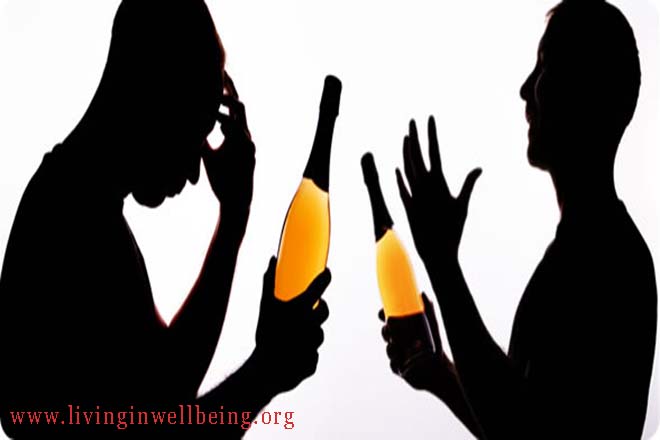
When people feel depressed, they often turn to alcohol to temporarily forget their problems. The same thing goes when people encounter anxiety. But, did you know that experiencing anxiety, panic attacks and alcohol are all related?
Some sufferers turn to alcohol in an attempt to self-medicate or to diminish the symptoms of the disorder. This greatly complicates the individual's life and ability to seek appropriate treatment.
Alcohol has a depressant effect on the nervous system, and drinking it does not preclude panic attacks. Rather, the consumption of alcohol, while not necessarily a trigger for panic attacks, does seem to aggravate them.
Alcohol is a vasodilator, making people feel hot and sweaty. Because of this, alcohol can cause a panic attack in reaction to increased stimulus, particularly for those whose panic or anxiety attacks are brought about by heightened sensitivity to bodily stimulation and physiological reactions.
Research has proven that alcohol dependence relates directly to cravings and irritability. These can spark a panic attack. Another study has shown that alcohol use is a significant predisposing factor towards being anti-social in children. Alcoholism is associated with dampened activation in brain networks responsible for emotional processing.
People think that alcohol initially helps social phobia or panic symptoms. But, with longer term alcohol misuse, it can often aggravate social phobia symptoms and can cause panic disorder to become worse during alcohol intoxication and especially during the alcohol withdrawal syndrome.
Even moderate drinking can cause recoil anxiety syndromes and sleep disorders. A person who is experiencing the toxic effects of alcohol will not gain anything from other therapies or medications as they do not target the root cause of the symptoms, which is alcoholism.
When the effects of alcohol wear off, the body becomes in a depressed state. This can trigger more frequent attacks. A cluster of these episodes can mean having panic disorder. Panic disorder is described as the unanticipated and recurring sequences of acute fear along with physical symptoms that may include chest pain, heart palpitations, shortness of breath, dizziness or abdominal distress.
Too much consumption of alcohol can be one of the main reasons of repeated panic attacks. The depressing effect alcohol consumption can cause a person to linger over unwanted emotions and stress. These can bring about their panic attacks. Those who are depressed and have anxiety attacks already have an increased suicide risk, so combining alcohol and panic disorder can be fatal.
If one cannot absolutely eliminate alcohol, it is best to reduce alcohol intake. It is also vital to understand what the relationship is between one’s panic episodes and alcohol consumption. Instead of asking your doctor for medications, try to evaluate your habits. Do you constantly drink caffeine? Are you an alcoholic? Are you a chain smoker?
Take a look at your daily routine. Are you stressed all the time and easily angered? Slowly eliminate one factor after another, so you can eventually rule our our panic attacks. Avoid coffee, tea or cola. Stay away from cigarettes and most of all, have a moderate consumption of alcohol.
Remember that there is a link between panic attacks and alcohol, so do not be complacent. Stay healthy and look for alternative and natural ways to eliminate your anxiety attacks! We have some very effective methods mentioned in our eBook, so visit our website now and experience a change in your life!
Article Source: http://www.articledashboard.com/Article/Panic-Attacks-and-Alcohol-Are-Related/1852276












